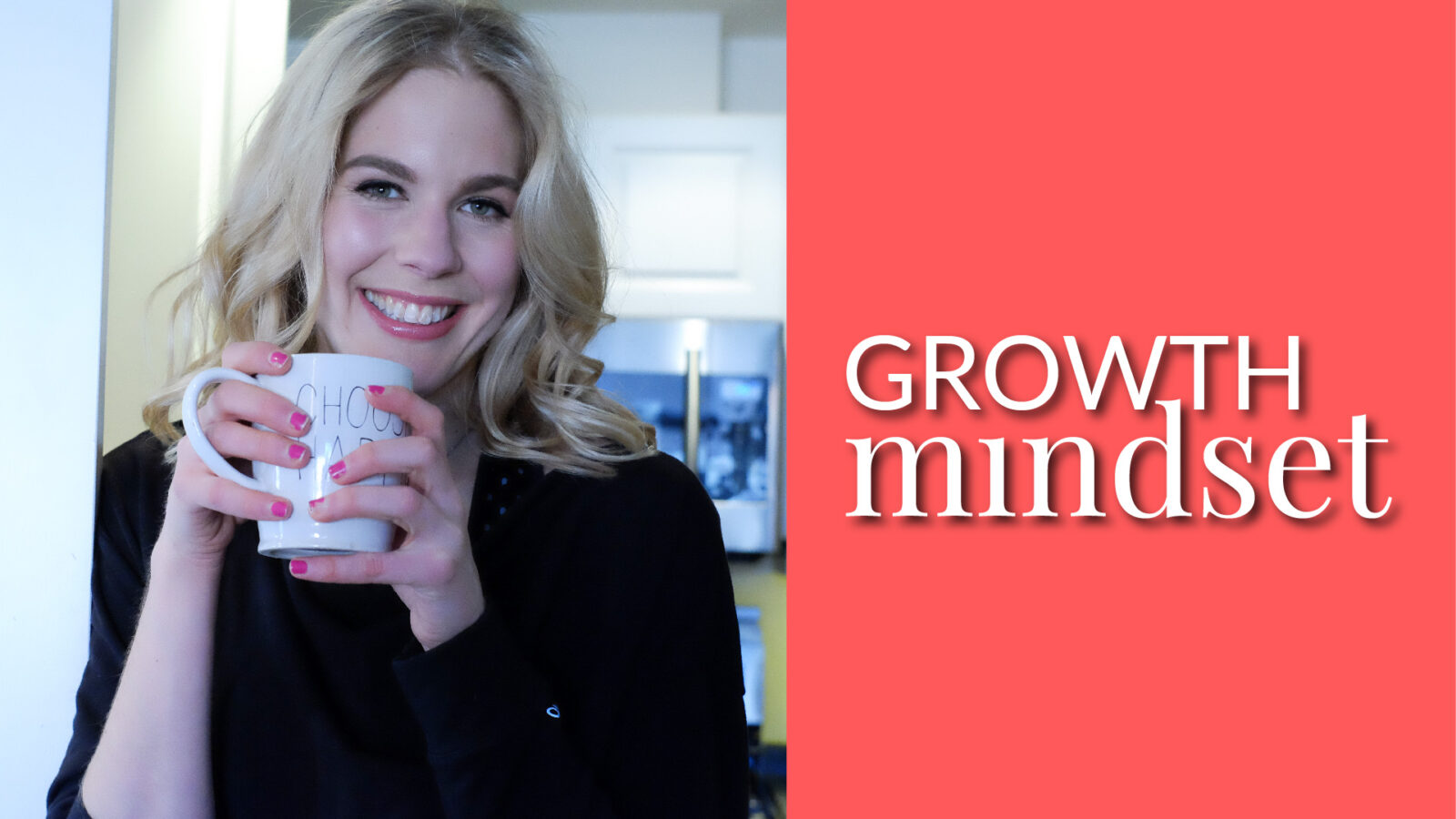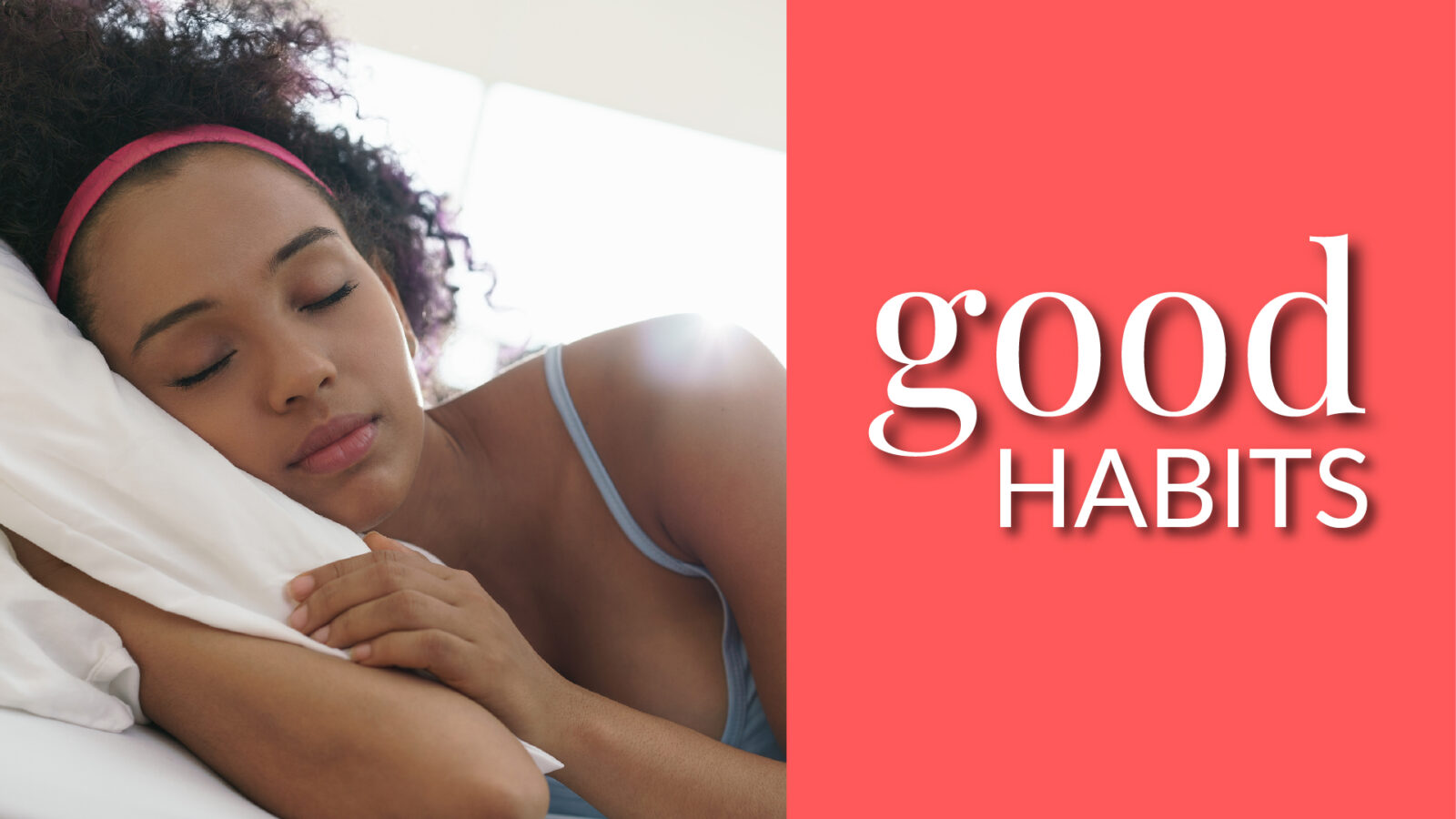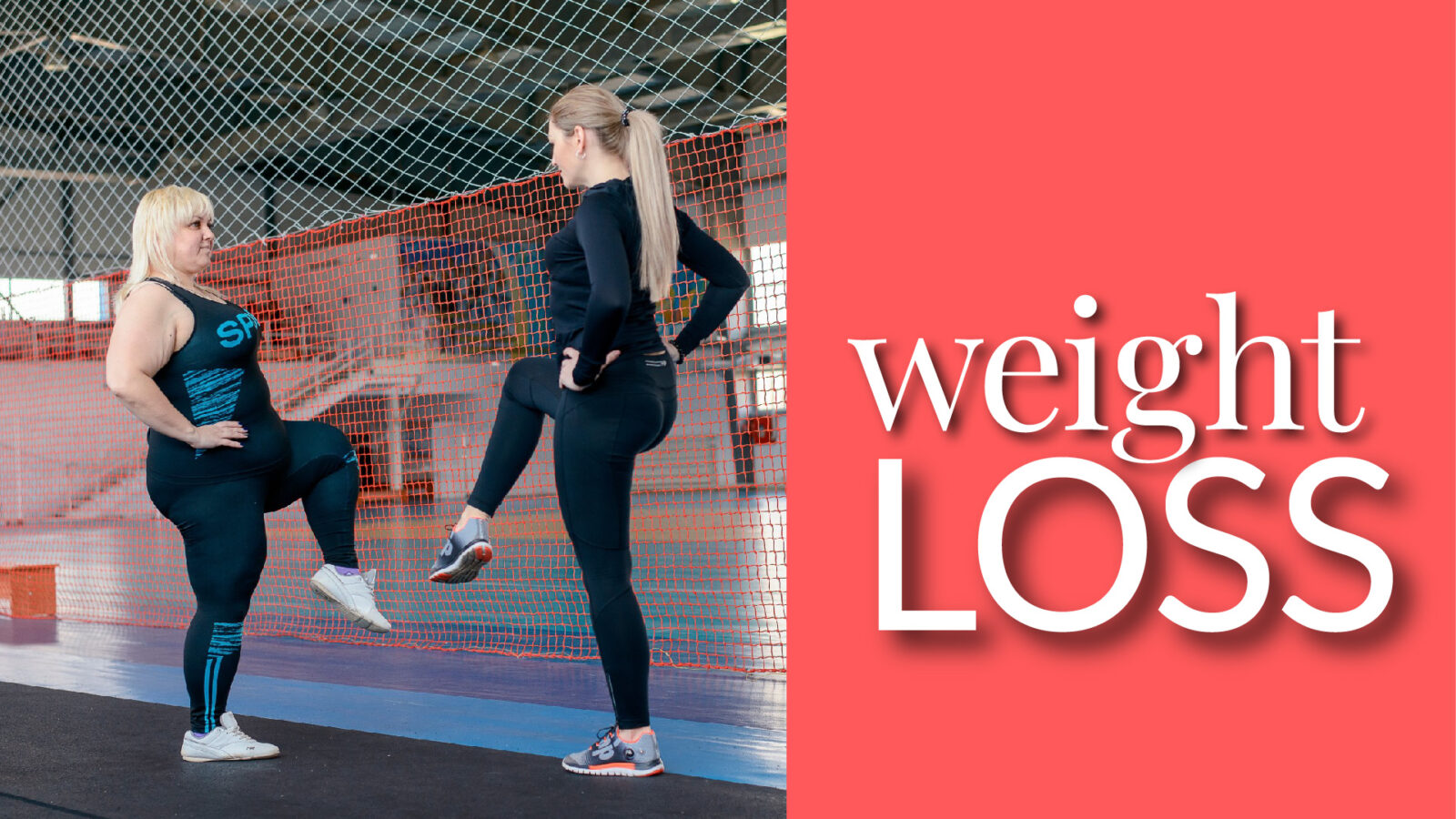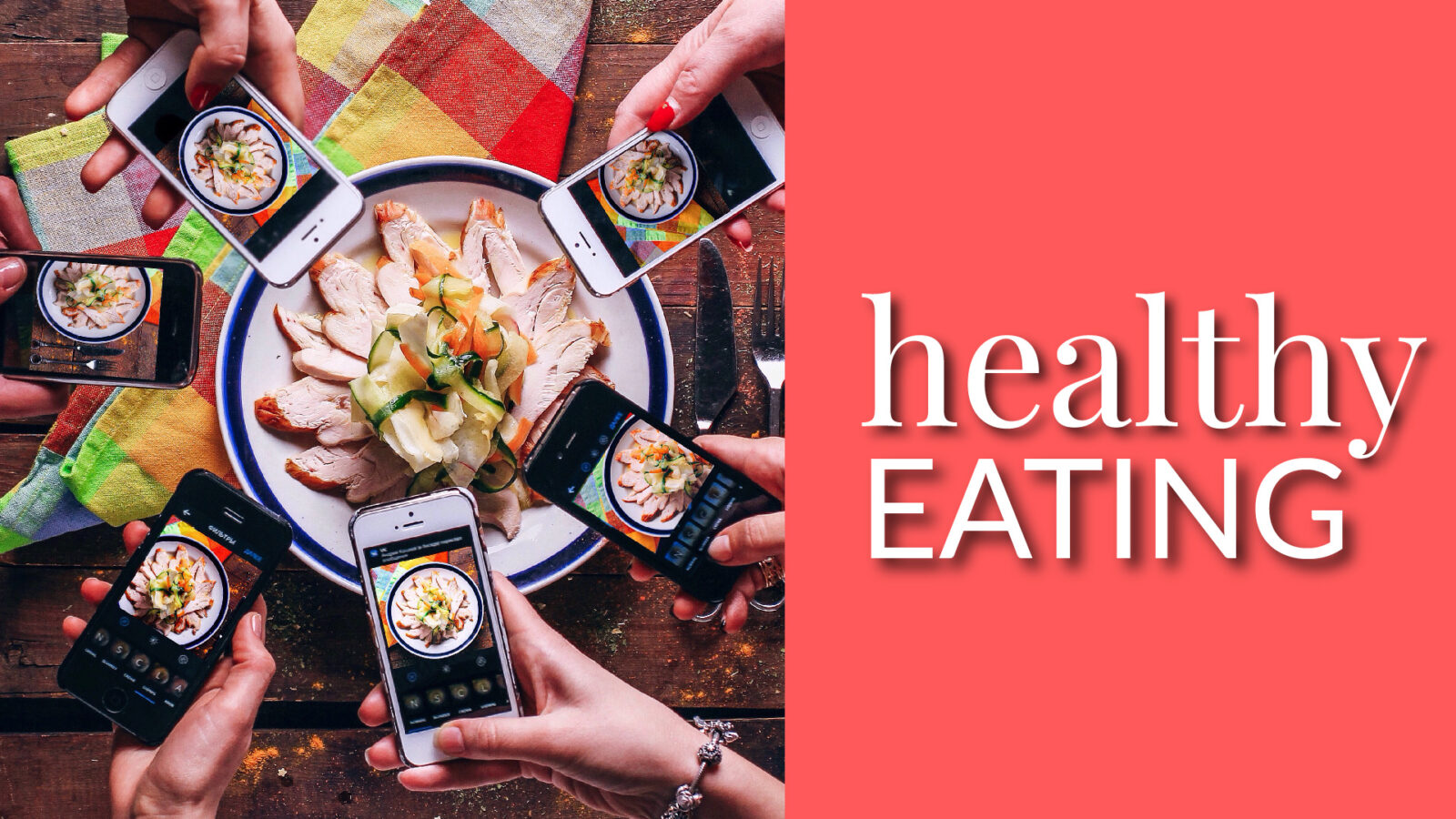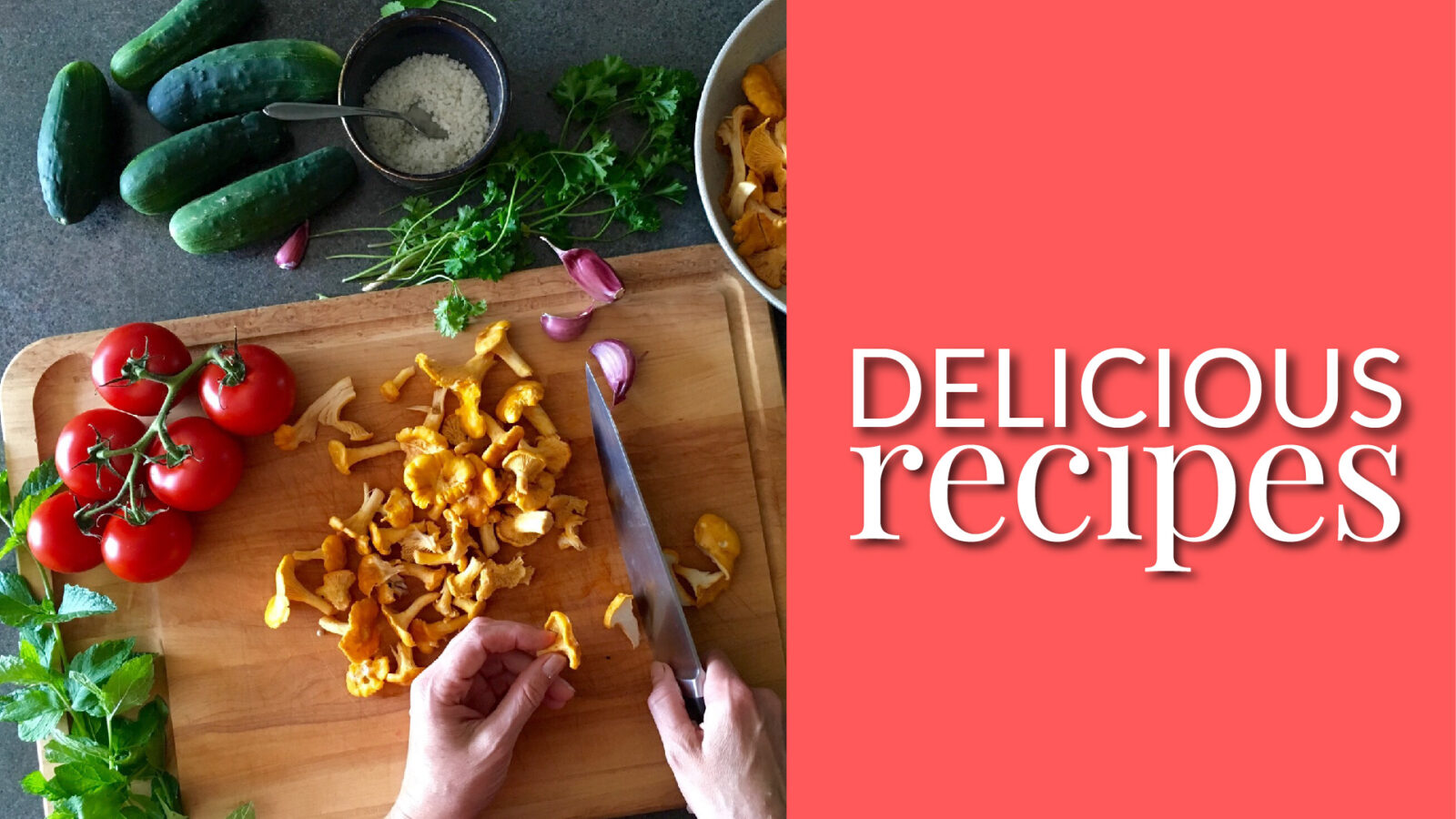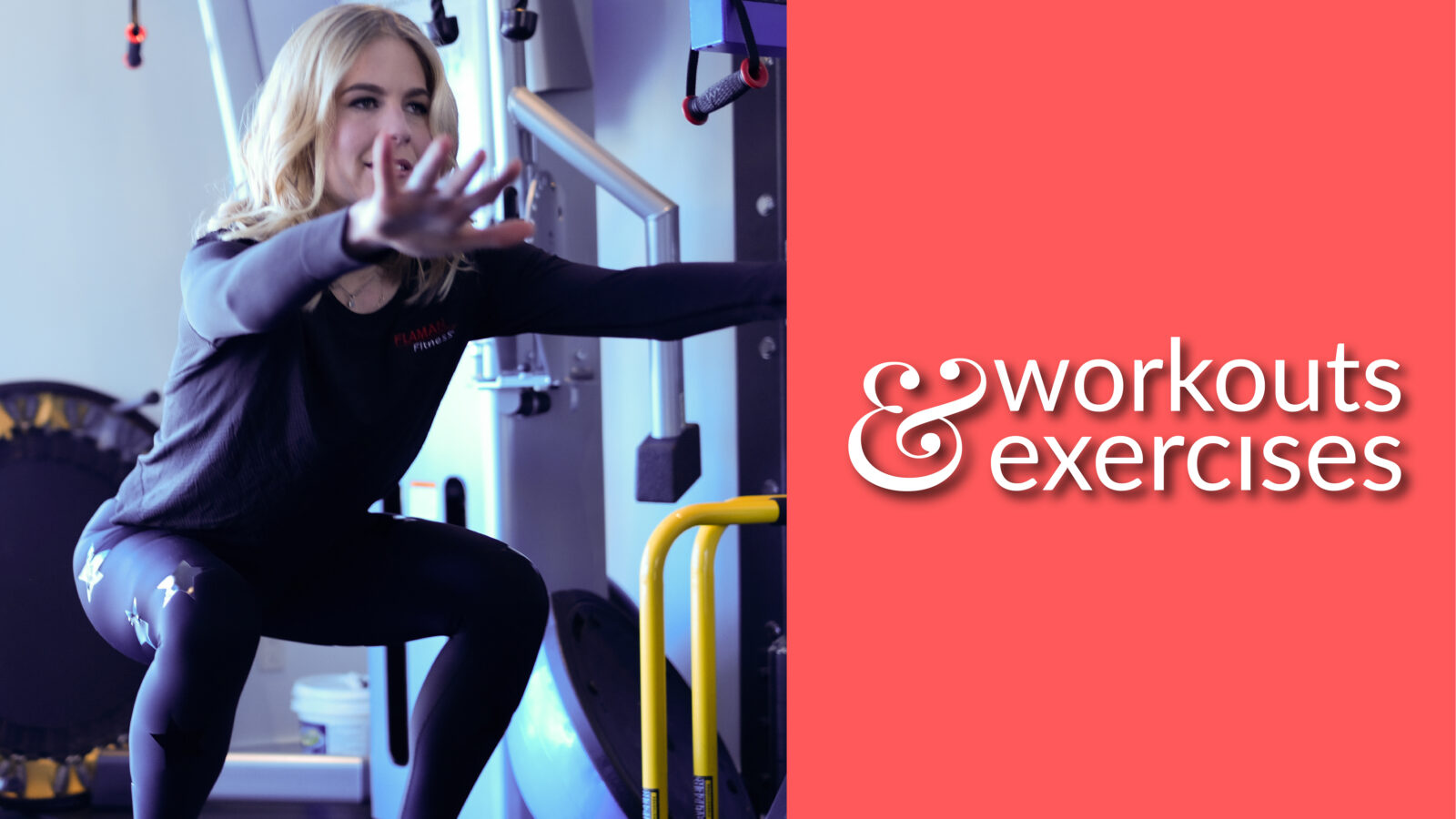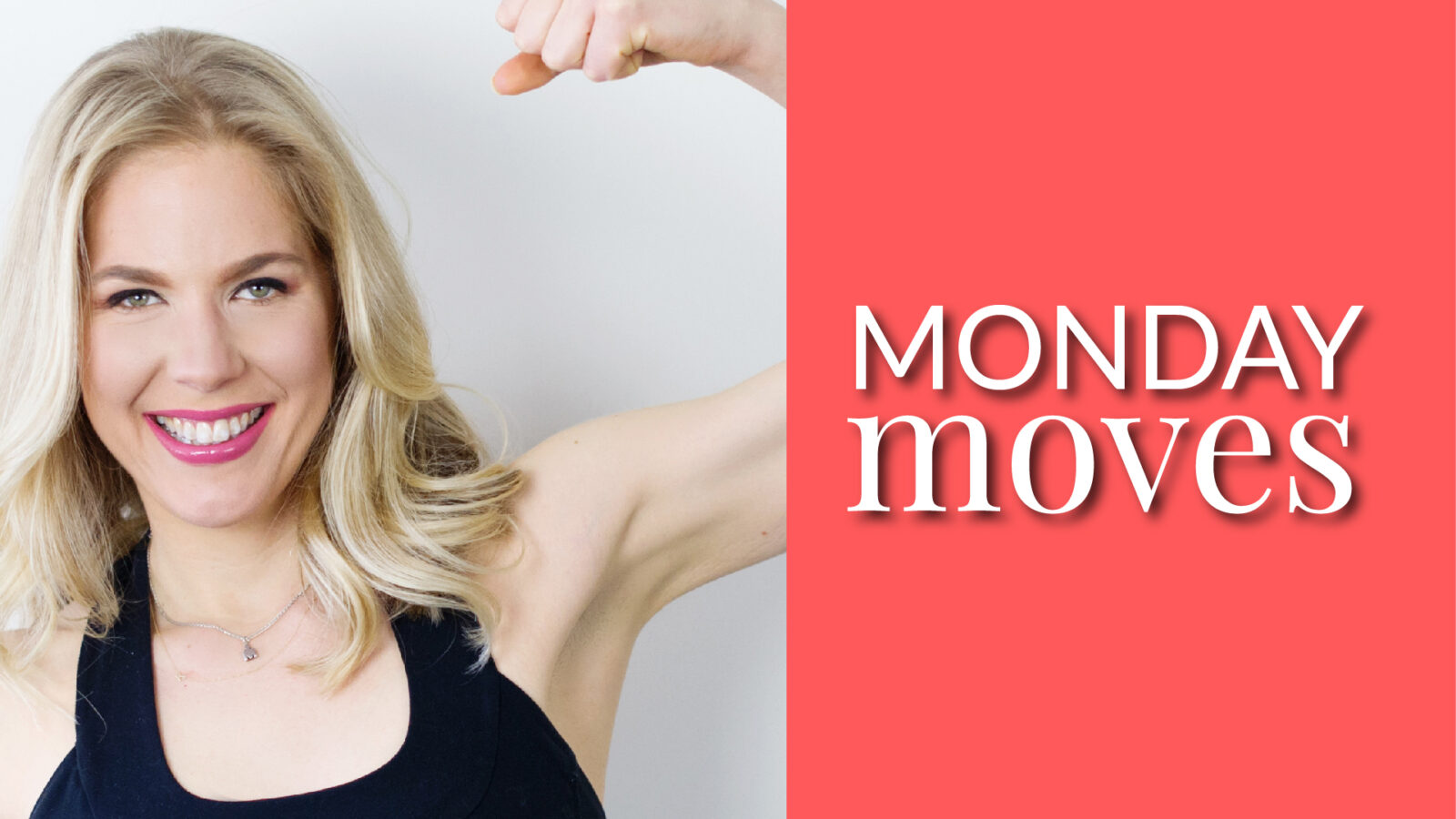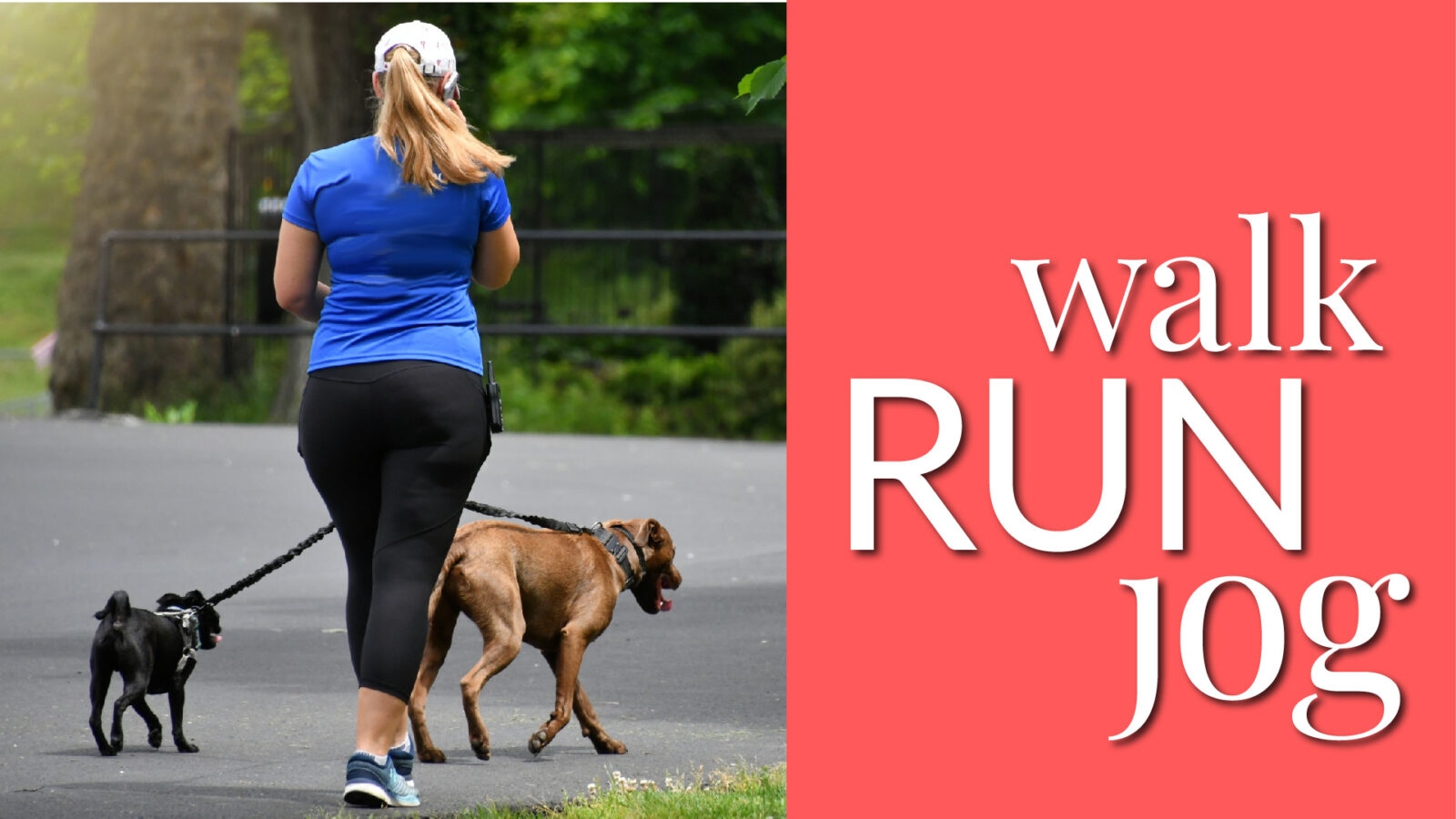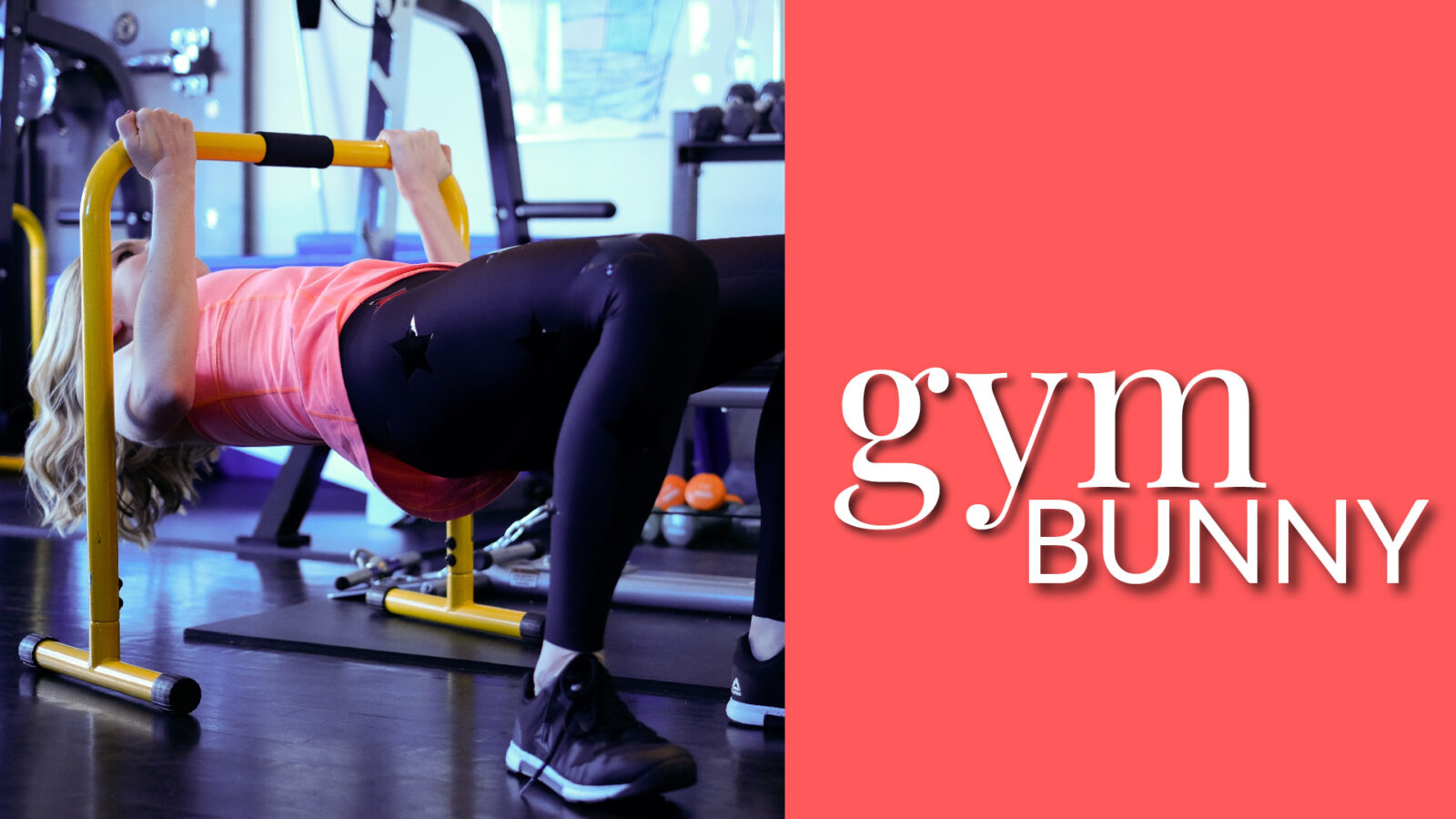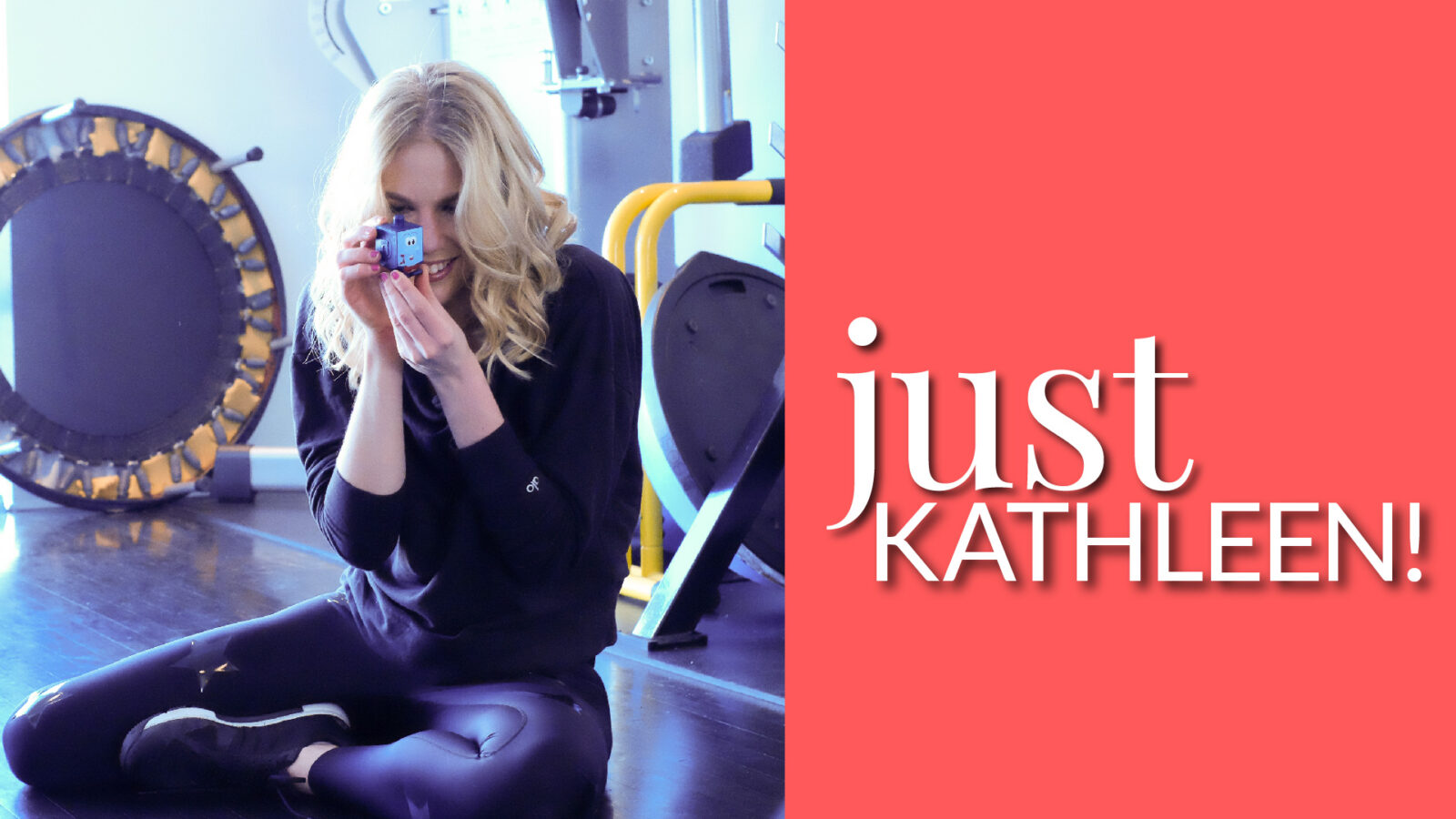Book Review: Drive by Daniel H. Pink
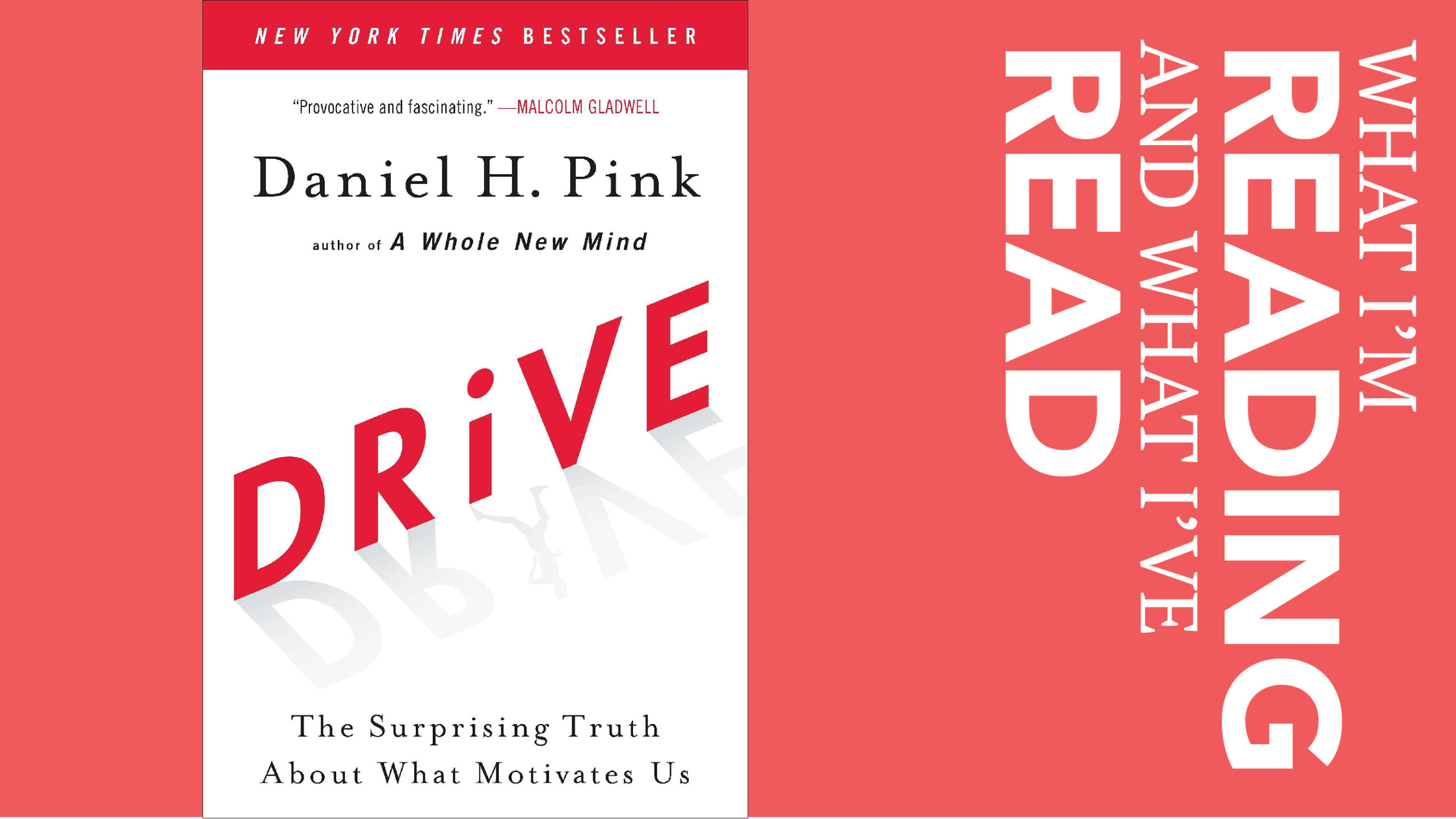
If you continually feel like you are falling off your health bus — that your motivation comes in fits and spurts — then Drive might be for you.
Think of Pink’s book as “motivation 101” — a textbook on what “drives” us to do what we do — a textbook all-too-needed within the sphere of health and wellness!
Pink’s basic thesis is that “carrot/stick” rewards/punishments do not motivate us long term. What does? “Type I” motivation. Type I motivation rests on our innate need to direct our own lives, to learn and create new things, and to better ourselves and the world. Type I motivation is autonomous, process driven, and connected to a greater purpose.
Through type I motivation, individuals are empowered by their goals and get excited by progression, and thus are willing to put in the work required to progress. So, re-think those “miracle,” short-term, “bathing suit body” diets and consider a tailored plan of action based on your unique goals and on activities and foods you enjoy.
Pink’s thesis reinforces everything I have ever — personally and professionally — experienced in the health field. Individuals are successful when they figure out how to “opt in” to their health — when it becomes a choice vs a chore. If your mindset is that you are “doing health” solely for someone else, you eventually exhibit something akin to adolescent rebellion towards the process.
If your mindset is that you are “choosing” health for you, you have pride in your process and accomplishments — saying “no” to a cookie is a form of self-respect and mastery vs a punishment.
What exactly does this mean for your health?
To achieve your health goals, you need three things.
First, you need to feel in control and have autonomy — set your own goals; don’t accept a cookie-cutter plan.
Next, you need to be consciously progressing towards mastery — i.e., working at getting better at “health.” Sign up for a race, work to become a better cook, and/or take a nutrition course so you understand micro/macro nutrients.
Last, connect your goals and choices to a greater health purpose — maybe being an active grandparent or having vitality?
How?
Work to create a mindset where you “get” to work out and eat well vs feeling that you “have to” be healthy. “Choose healthy” not because of some extrinsic reward or goal, but because the reward is the activity itself. Intrinsic rewards do not revolve around finding the “shortest” route; they are about the process. This is key for weight loss and health because too many of us backslide to our old behaviour once we have reached a short-term goal (think wedding, weight-loss goals, etc.). It is easier to not yo-yo if the goal is internal development — the only one who loses if you quit is you.
Work to understand your health as “play” vs “work.” Play is a choice — it is something fun we opt into. Work is an obligation. Who doesn’t want to rebel against obligation? Maybe join a sports team or create a family step challenge so your exercise is literally a game. Either way, embrace that you are choosing to do something for yourself vs being forced.
Work to create autonomy over where and when you exercise and what you do — pick a sport you like, chose a workout friend you enjoy spending time with, work out outside if you love the outdoors. (This nicely gels with my four fitness personalities. Read here for more info.)
Buy into the concept of “mastery” — the process of continual progression. The awesome and often frustrating thing about mastery is that the process never ends. The goal of mastery is to progress so you work at a higher and higher level. Think of it like an asymptote in algebra. “Mastery” is the straight line that the curve (you) approach but never actually reach. This constant effort is a positive not a negative because the joy is in the pursuit NOT the reaching of the goal.
Kathleen, are you saying rewards are ALWAYS bad? That doesn’t make sense!!!
No … and yes. There is often “collateral damage” when using carrot/stick motivation strategies. If you are going to use carrot/stick, short-term rewards to infuse your health journey with fast motivation, use them strategically and as PART of your larger intrinsically driven process.
“Fire can kill and fire can feed.” There are pros and cons to everything, including carrot/stick systems. Learn how to make rewards “feed” vs “kill” your health process! Leverage the pros and cons to your advantage.
Rewards usually result in short bursts of motivation — short being key. So, if your long-term goal is “to be fit enough to play with my grandkids,” possibly use rewards to get you to a 6-week “learn to do yoga” workshop. After the course you can do yoga on your own and/or take group classes and feel like you know what you are doing.
Tell yourself you get a reward once the course is completed, but frame the class as PART of a larger goal. Too often with short-term rewards, once you complete the task — and get the reward — you’re no longer motivated to keep going. The reward becomes more important than the task. Keep your greater goal in mind so this does not happen.
Don’t let your goal justify bad behaviour. Too often getting the reward or achieving the task becomes more important than how you get there. It becomes easy to justify less-than-ideal behaviour and/or lose sight of the big picture. Too many of us take shortcuts when they are technically “allowed” — think overeating paleo cookies.
A cookie is still a cookie; yet many of us justify overeating if the diet “allows it.” For example, Weight Watchers allows a certain number of food points daily. Each food has a given a point value, some being “free.” It is extremely common for people to justify eating “free” foods even when they’re not hungry because the reward system they are working within states that “winning” is staying within your point value.
The problem is, eating food when you are full and consuming calories when you are not hungry is never a “win” if your goal is long-term health and/or getting a good night sleep — I never sleep well when I’m stuffed. Go ahead and do WW, but consciously use the point system within the greater context of “mastery” of health, have a larger purpose than simply “winning Weight Watchers,” and always sift the point system through your own lens — you are doing WW for YOU not to game the system.
Pink would say if you are going to use rewards as part of your health journey, use “now-that” rewards vs “if-then.” “Now that …” is an “after the fact” reward system that recognizes and celebrates growth. For example, if I notice my average mile has gotten faster I could say to myself, “Congrats Kathleen!
Now that your mile is faster, you deserve a new lulu shirt.” An “if-then” reward would have been determined in advance. I might have established parameters that if I average a faster mile throughout the week I would get a new shirt.
I’m not sure Pink would 100% approve, but personally, I include any and every type of motivational strategy within my health process. If it is helpful to me, I use it; “now that …,” “if-then,” self-talk, fitness friends — I’m not picky. My only caveat is that I always keep top of mind that ANY reward/game/goal is simply a way of infusing fun and motivation into my long-term process. Use any system that works for you — just do so cognizant of the pros and cons. Know you. Do you.
Type I motivation is “made not born”
Until age 16 I was unable to make myself “choose healthy.” Now I live and breathe — I literally make my living on — activity and health. Why the change? Pre-16-year-old Kathleen felt that health was being “thrust” upon her. So, I rebelled. I snuck food and refused to go to gym class. The post-16-year-old Kathleen “is” a healthy individual — being healthy became a part of my identity, a source of pride.
I gradually learned to frame my health journey as MY CHOICE — as a process that would never fully end but one I could continually work to master. Each individual health choice represents something “bigger” than the moment — running is not just about running; it is about representing who I am. I persevere on the often-frustrating journey of health because I have “opted in” to the journey — I own it.
You create type I motivation through deliberate practice and awareness. Become aware of and practice “type I attitudes.” Practice — and then practice again — having a type I personality. When you find yourself saying, “Arg, I have to work out,” re-frame and say, “Motion is a privilege that many people don’t have.
I don’t have to do anything. I am choosing to go for a walk because I value my long-term health. It’s a choice, not an obligation.” Pink suggests regular “performance reviews.” First, establish your performance and learning goals — learn a new sport, break a personal record, and learn to prepare 5 new salads. Every month give yourself an appraisal. Ask yourself what tools and support you might need to do better. Always set both small and large goals and connect all your goals to your larger purpose. Be honest.
Don’t rationalize failures. Instead, learn from them. Write yourself your own “report card.” Note where you succeeded, where you fell short, and what more you have to learn to achieve your goals. As Carol Dweck would say, have a growth mindset.
Curious about why “carrot/stick” motivation doesn’t work? I am taking a coaching mentorship program through Precision Nutrition. Here are their thoughts on the subject of motivation, punishments, and rewards.
According to Precision Nutrition, rewards and punishments teach that …
- the end justifies the means. And only the short-term end matters.
- performance is everything and it doesn’t matter how you get there — whether that’s cheating, short cuts, or sloppy work.
- the reward is more important than the actual task.
- your approval and care are contingent — and can be taken away at any minute.
- punishment “buys out” unwanted behaviour — so clients just calculate how much they can afford to lose (like ignoring overdue library books because, hey, who cares about a few bucks of fines?)
- the task you want to do — i.e., eat well and exercise — sucks. Because if it didn’t suck, why would you need rewards and punishments to motivate it?
- “mistakes,” “failure,” and “imperfection” are shameful and must be avoided.
- you only have to work until you get the reward … then you go no further. When the reward goes away, the behaviour goes away.
- the reward is the point, not learning the actual skill (e.g., the purpose of good nutrition is to get a gold star).
- you are not responsible for your own progress — or even your own life — because someone else is determining and handing out those rewards and punishments.
While basic rewards and punishments seem like they’d work, they don’t.
At least not long-term and not for complex tasks. Rewards and punishments impair thinking, learning, and problem-solving. Instead, Precision Nutrition suggests recognizing rather than rewarding — as in, recognize growth and development of good skills and processes. Use “now-that” recognition rather than “if-then” rewards — e.g., salute progress after the fact, using random surprise recognition that is meaningful, rather than dangling the carrot in front of the client beforehand.

